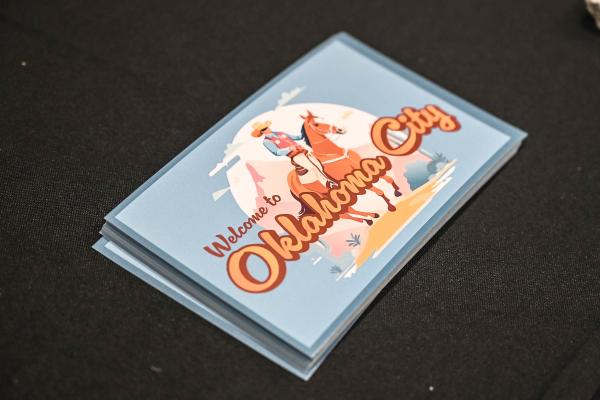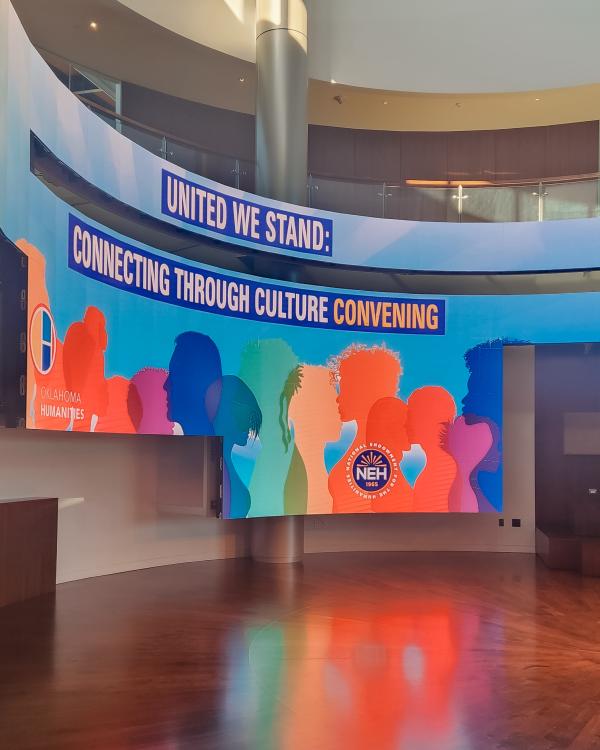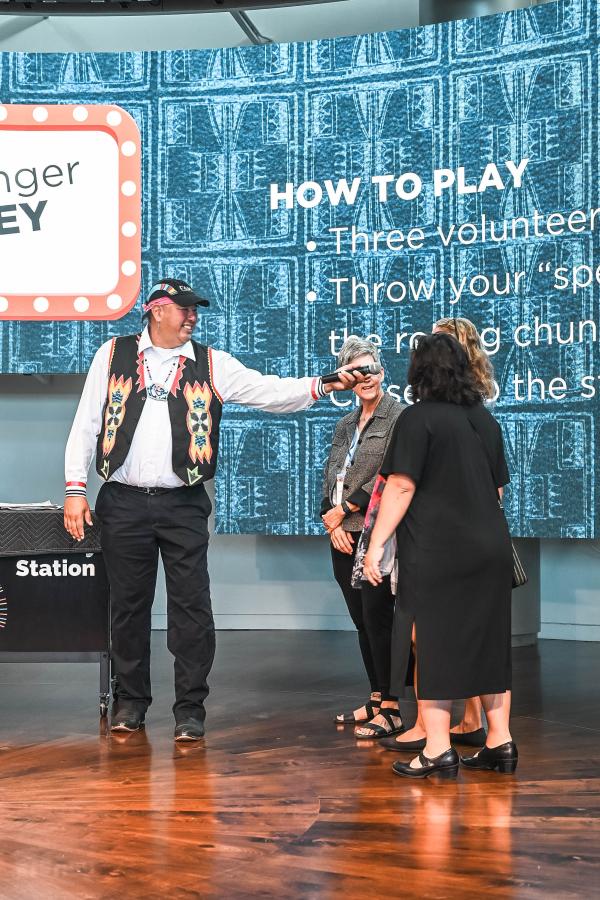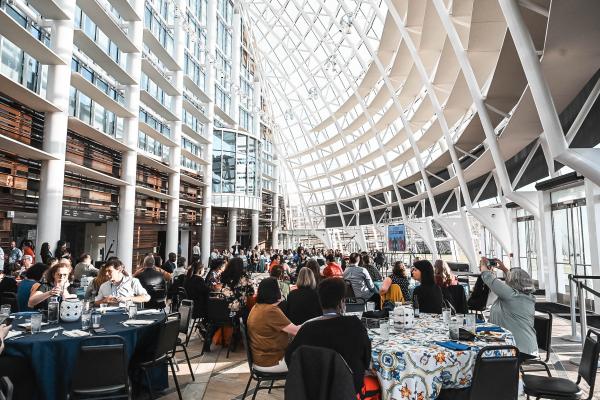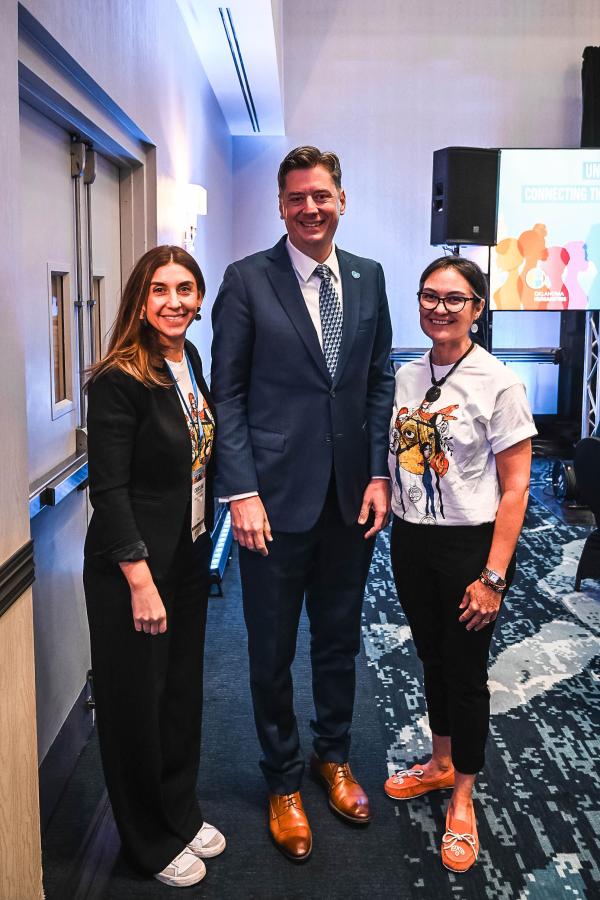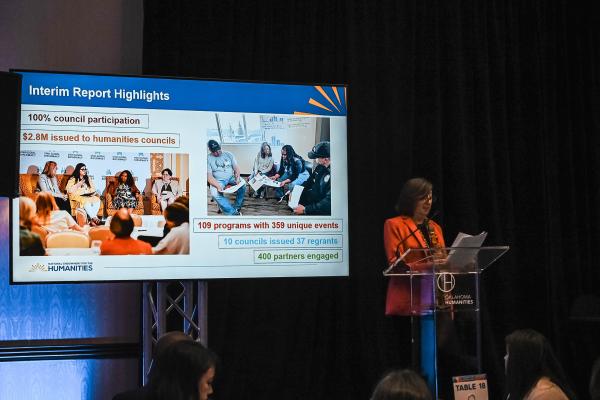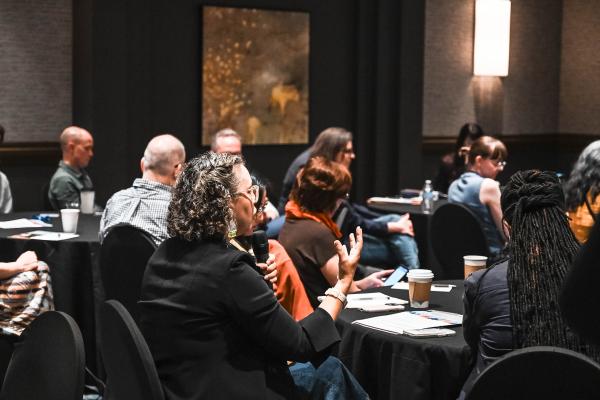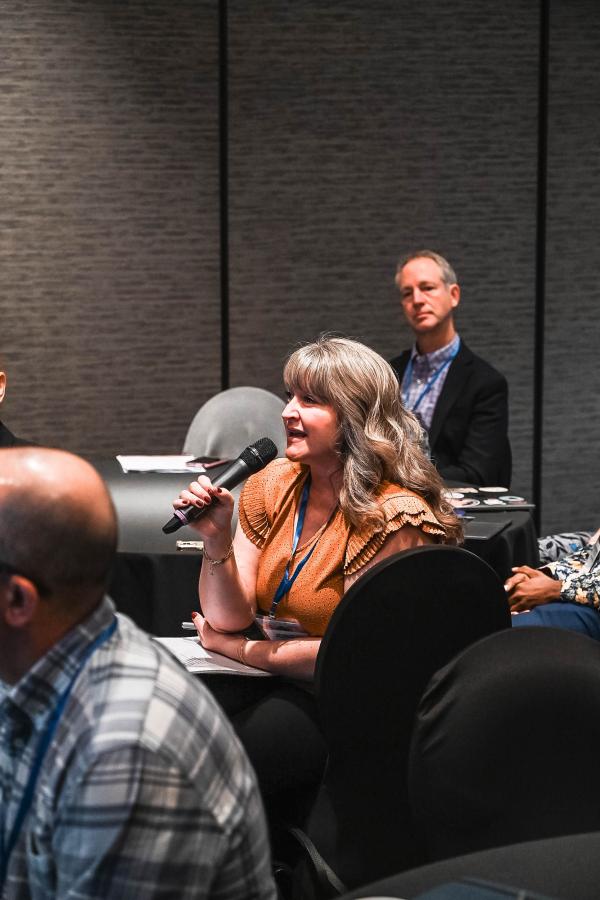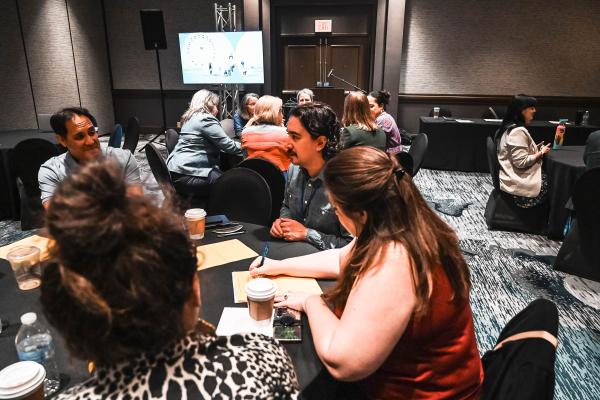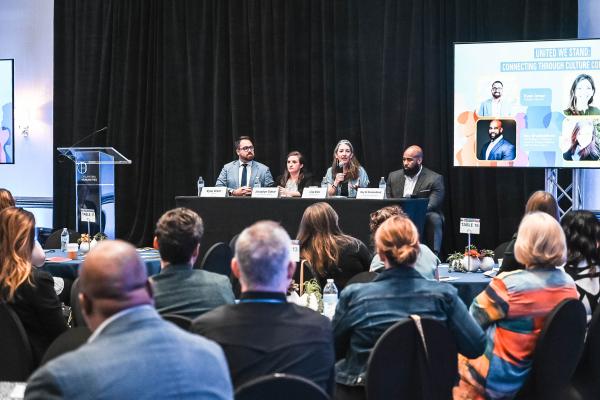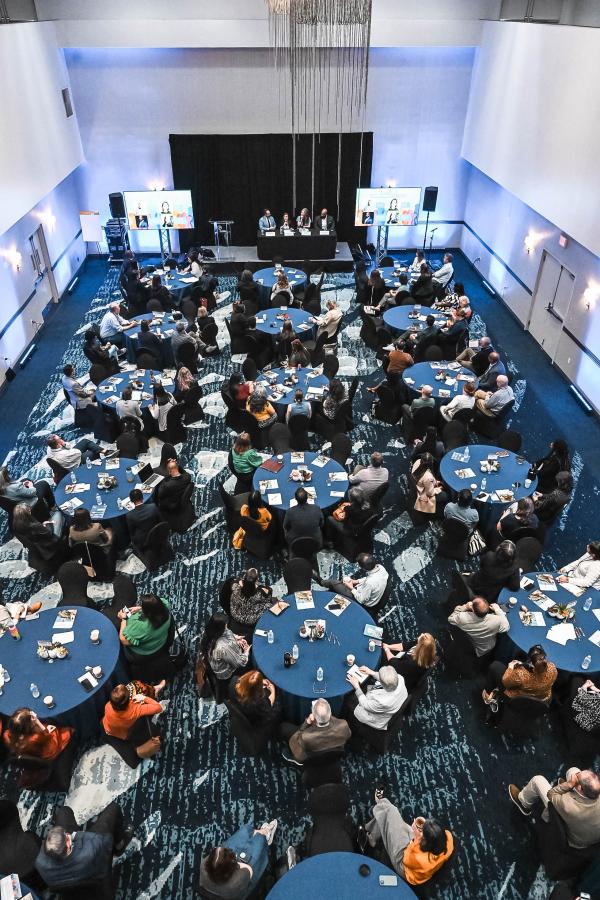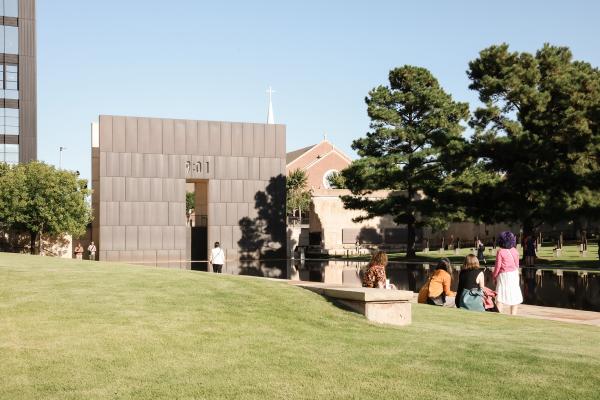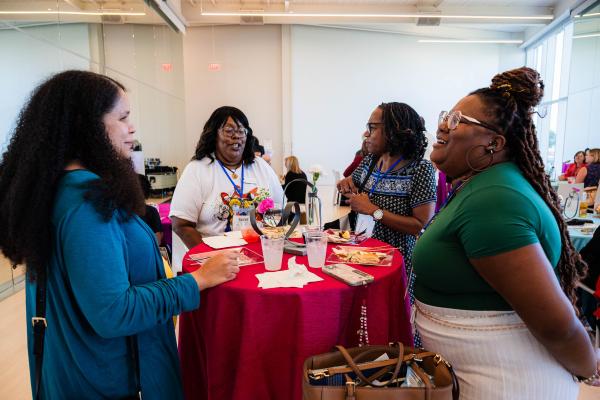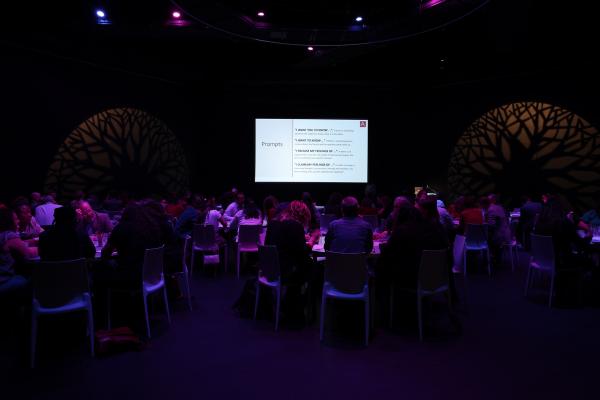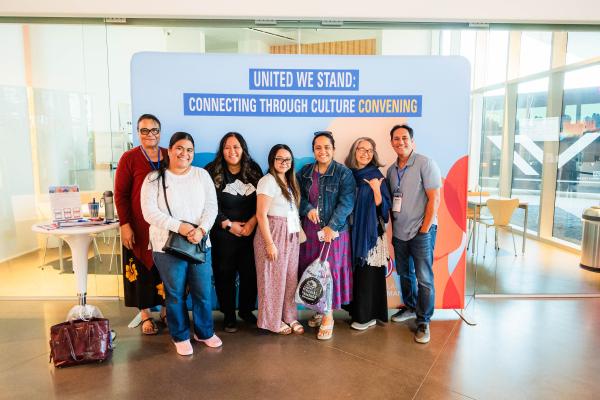Connecting Through Culture in Oklahoma City
A recap of the September 16-17 United We Stand: Connecting Through Culture Convening in Oklahoma City co-hosted by the National Endowment for the Humanities (NEH) and Oklahoma Humanities with support from the Henry Luce Foundation.
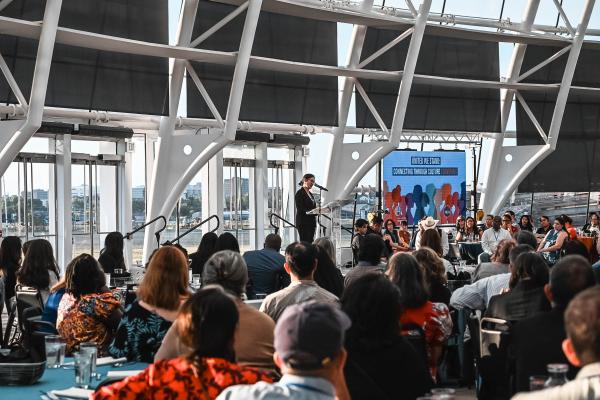
Photo courtesy of Chelsi Dennis Photography

Photo courtesy of Chelsi Dennis Photography
In mid-September, leaders from the nation’s state and jurisdictional humanities councils attended the United We Stand: Connecting Through Culture Convening, co-hosted by NEH and Oklahoma Humanities with support from the Henry Luce Foundation.
The convening marked one year since NEH awarded United We Stand: Connecting Through Culture funding to the 56 state and jurisdictional humanities councils. With the funding, councils developed place-based humanities programs and resources that fostered cross-cultural understanding, empathy, and community resilience; educated the public on the history of domestic extremism and hate-based violence; promoted civic engagement, information literacy, and social cohesion; and deepened public understanding of community, state, and national history. The councils’ United We Stand: Connecting Through Culture projects all advanced the goals of the initiative and were as diverse as the states and jurisdictions they serve.
Convening the councils represented a learning and community-building opportunity. NEH invited each humanities council to send up to two staff members to the event. Over one and a half days, more than 100 humanities leaders explored local history through engaging presentations and moving site visits; exchanged learnings, strategies, and questions during facilitated conversations and energized group work; and shared meals, reflections, and meaningful time together.
On the first evening of the convening, NEH Chair Shelly C. Lowe (Navajo) delivered a keynote address woven with highlights of councils’ public humanities programs, poetry, and hope. In her address, Chair Lowe spoke to the role of the humanities at this critical time, saying, “NEH’s founding legislation states that ‘Democracy demands wisdom and vision in its citizens.’ Now, more than ever, we need to stand together and challenge easy answers, question our assumptions, and bring new people to the table. This is a time for strength and a time for boldness. A time to think critically, to read widely, and to leave this world a little better than we found it.”
Come along as we recap the 1.5-day event in 15 photos.
Interested in learning about the humanities council in your state or jurisdiction? Find your local council and connect.
